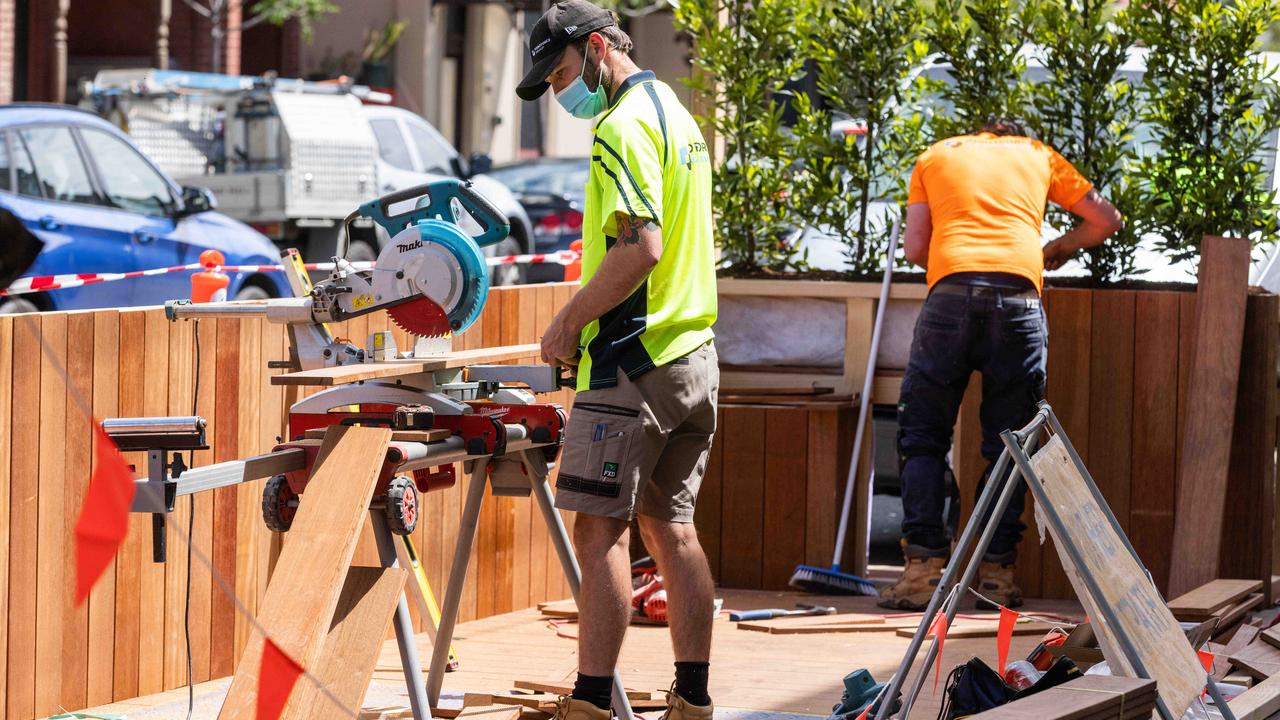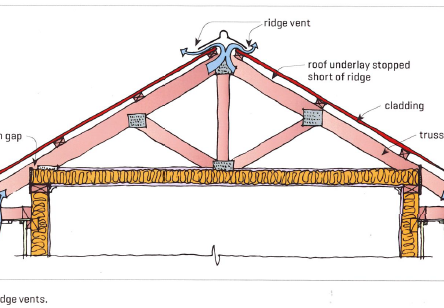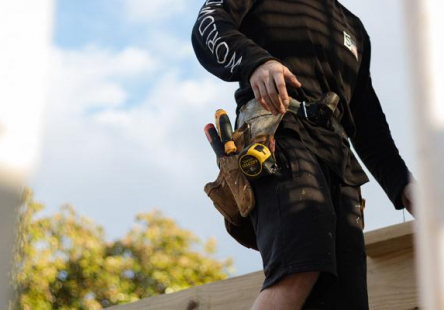The 2021 BDO New Zealand Construction Sector Report suggests the industry is at a pivotal crossroad due to Delta lockdown.
Global accounting and advisory firm BDO has released its fourth annual BDO New Zealand Construction Survey Report.
The report focuses on uncovering insights under four priority sector themes — supply and inflation, labour supply and succession, financial foundations and managing risk.
It says a major rethink is required in order to ensure sector sustainability and to build a viable foundation for broader economic growth.
Should New Zealand face an extended Alert Level 4 Delta strain lockdown in 2021, this may prove a pivotal crossroad, driving impetus for prioritising strategic change.
New approaches are already evident in the sector today in response to market challenges, including:
• upskilling of existing staff due to labour supply challenges,
• fresh approaches to procurement in response to material shortages,
• changes to negotiating and pricing contracts due to inflation, and
• attempts by construction businesses to re-allocate some of these risks.
However, despite this adaptability, there remain some key challenges in the sector where a further rethink and more change is required.
Rethinking product supply chains: The greatest challenges highlighted in the report are product shortages and significant inflation in material costs and wages.
Rethinking a response to inflation: Many increases in material costs and wages are now in double digits.
Rethinking skilled labour supply: In response to the acute shortage of staff, employers have responded with significant increases in salary and wages and other initiatives in an attempt to retain staff.
However, on their own, these changes do not quickly produce the additional skilled labour the industry desperately needs.
BDO construction and real estate sector national leader James MacQueen says with these factors combined, the sector is heading into very challenging times.
“Construction businesses that anticipated, planned and negotiated contracts for these challenges should perform well,” McQueen says.
“However, not everyone is in that situation, and we will witness some collapses which will compound the challenges.
“Our recent Alert Level 4 lockdown has potential to be a key turning point for the sector. The 2020 lockdowns quickly destroyed confidence in the local construction sector, with some companies losing virtually all of their planned forward work, and others losing a substantial portion.
“Affected companies then significantly reduced their pricing and margins as they were desperate to secure work for their employees.
“Some of those companies are doing those projects now, and are treading water and struggling to make sufficient gross profit to cover overheads.
“On the upside, with reduced interest rates, travel restrictions and other changes, the demand for buildings — particularly housing — has picked up, and some companies experienced a better year in 2021 than in 2020.
“Our 2021 report highlights that in the lead-up to our current Delta strain outbreak, forward work rebounded to be particularly strong — an encouraging sign.”
Key 2021 report insights:
Project delays
56% of respondents report delayed projects due to delayed receipt of materials. 32% of delays exceeded two months.
While product supply chain challenges are now the largest single contributor to project delays, there has been no significant change in the overall level of project delays since 2019 (pre-Covid-19 levels).
50% of those surveyed noted at least 25% of projects were delayed due to unwieldy bureaucracy.
Inflation
Inflation is having a large impact to the extent it is no longer a risk the construction industry is able to absorb. Most construction firms expect higher costs that flow on to clients will be significant.
Labour supply
Skilled construction staff shortages are at the highest levels since first reported.
Complex projects need the experience that is gained on large overseas projects. That knowledge can then be passed on to the local workforce. We need to let those experienced people into the country.
Servicing specialist equipment also often needs people to travel from overseas. Without access to their expertise, we are continuing to inhibit our productivity, growth and transformation of the sector.
50% of respondents advise they would be significantly disrupted if existing work visas are not renewed, or replacement immigrants not permitted to enter New Zealand.
Not only is the industry short of skilled staff, but over the next 10 years it will lose the experienced leadership across nearly 70% of the organisations in it.
That loss of experience in an industry with high risks, low margins and dramatic cycles is likely to amplify the two-tier nature of the sector.
Forward work
At a national level, the three-year trend has seen the forward work position for most construction companies look increasingly healthy.
However, uncertainty remains as to possible delays for this work due to labour and material supply challenges.



